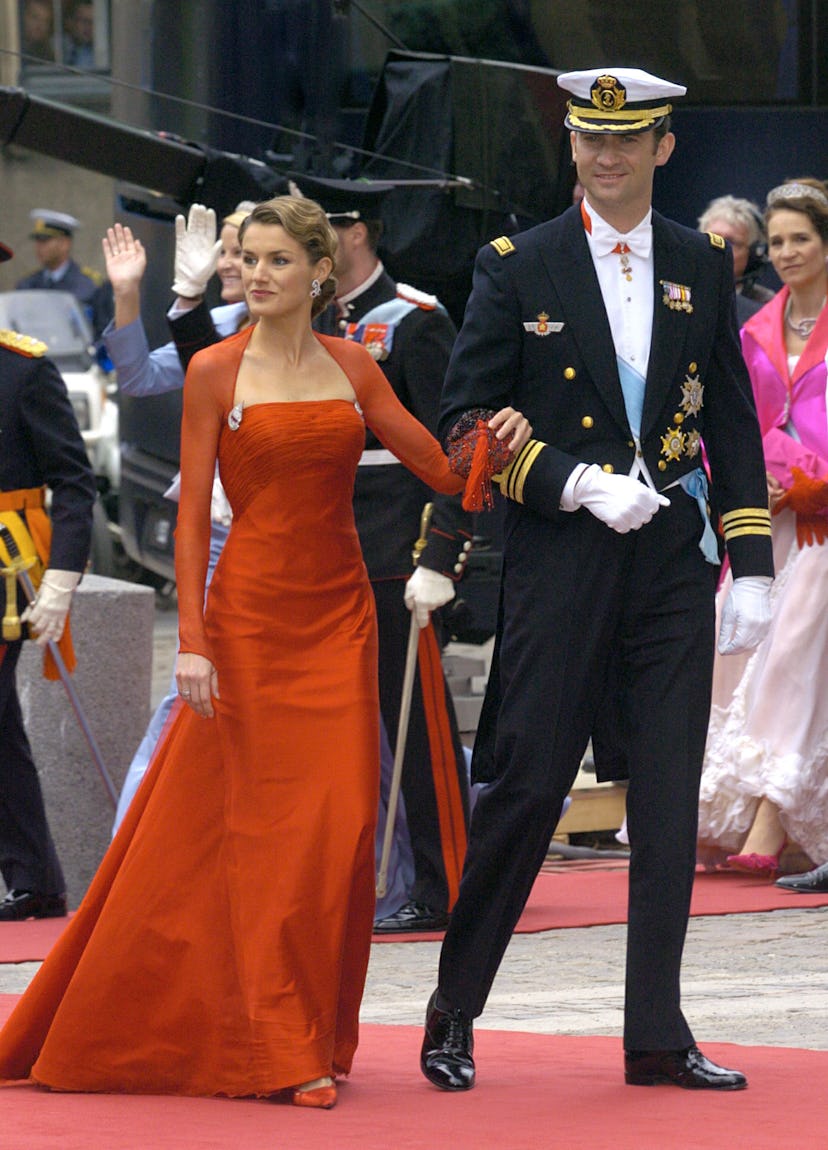European Royals Feel the Effects of the Coronavirus

What was true during the days of the bubonic plague remains true during the days of the coronavirus: royal blood offers no special protections against a pandemic. In fact, the various royal houses across Europe are already feeling the effects of the COVID-19 outbreak. The archduke of Austria Karl von Habsburg has already tested positive for the virus, while King Felipe VI and Queen Letizia of Spain are awaiting test results after coming into contact with another person infected with the disease.
Despite his positive results, Karl of Austria, the 59-year-old head of the House of Habsburg-Lorraine, remains in good spirits.
“It’s annoying, but I’m fine. It’s not the black plague,” he told the Austrian newspaper Kleine Zeitung. “I thought it was the usual flu. When a friend called me that he had a positive test at a congress in Switzerland, I was also tested.”
Habsburg is now in quarantine in his home in Lower Austria, and avoiding direct contact with his other family members, including his occasional fashion model daughter Eleonore and his professional race car driver son Ferdinand. It should be noted that the Habsburgs are royalty in a hereditary sense only, as Austria no longer legally recognizes the country’s former monarchy or nobility. Still, the family remains prominent in Austrian society.
Spain, however, still recognizes its monarchy and entrusts them to carry out royal duties. That’s how King Felipe and Queen Letizia may have come into contact with the virus. The pair had met with the Minister of Equality, Irene Montero, on Friday. The Minister has since tested positive for COVID-19 (her domestic partner, Pablo Iglesias Turrión, Spain’s Second Deputy Prime Minister, is now also under quarantine).
The French President Emmanuel Macron and his wife, Brigitte Macron, welcome King Felipe and Queen Letizia of Spain prior to a lunch at the Élysée Presidential Palace on March 11, 2020, in Paris. Photographed by Chesnot/Getty Images
The royal house plans to publicly announce the results of the test when they’re available, but a positive test could have far-reaching consequences. The king and queen met with the French President Emmanuel Macron and his wife, Brigitte, just yesterday. Even if one cares little for health updates on the royal families of Europe, such high-profile cases do illustrate the chain of caution that even one positive test can set off.
The couples did take precautions during the meeting, though. Instead of shaking hands, they offered each other namastes (a slight bow with pressed hands).
Other royal families are feeling the effects as well.
Monaco’s royals have postponed their annual (and extravagant) Rose Ball for the first time in its history. The event, first started by Princess Grace of Monaco, draws a fashion- and society-heavy crowd from across the globe. For several years, the late Karl Lagerfeld designed the event. The Norwegian royal family has canceled all events through Easter. The Danish royal family returned home after cutting short a trip to Switzerland.
The British royal family, however, stands out from the crowd. While Prince Charles has been spotted offering namastes of his own, 93-year-old Queen Elizabeth II caused concern when she offered a gloveless handshake while awarding a professor with a Royal order. According to Vanity Fair, the House of Windsor seems to be operating under a “business as usual” policy at the moment, with multiple public appearances and even some international travel on their various agendas.
It’s possible that may change in the near future. The BBC reported that today marked the highest number of new cases detected in the U.K. so far. The country’s total now stands at 460 detected cases, with 10 deaths. As is true in all countries in which the coronavirus has been detected, those numbers are only expected to rise over the coming weeks.
While America does not have a royal family, the coronavirus diagnosis of Tom Hanks and his wife, Rita Wilson, was still received like a ceremonial symbol that the nation had become infected.